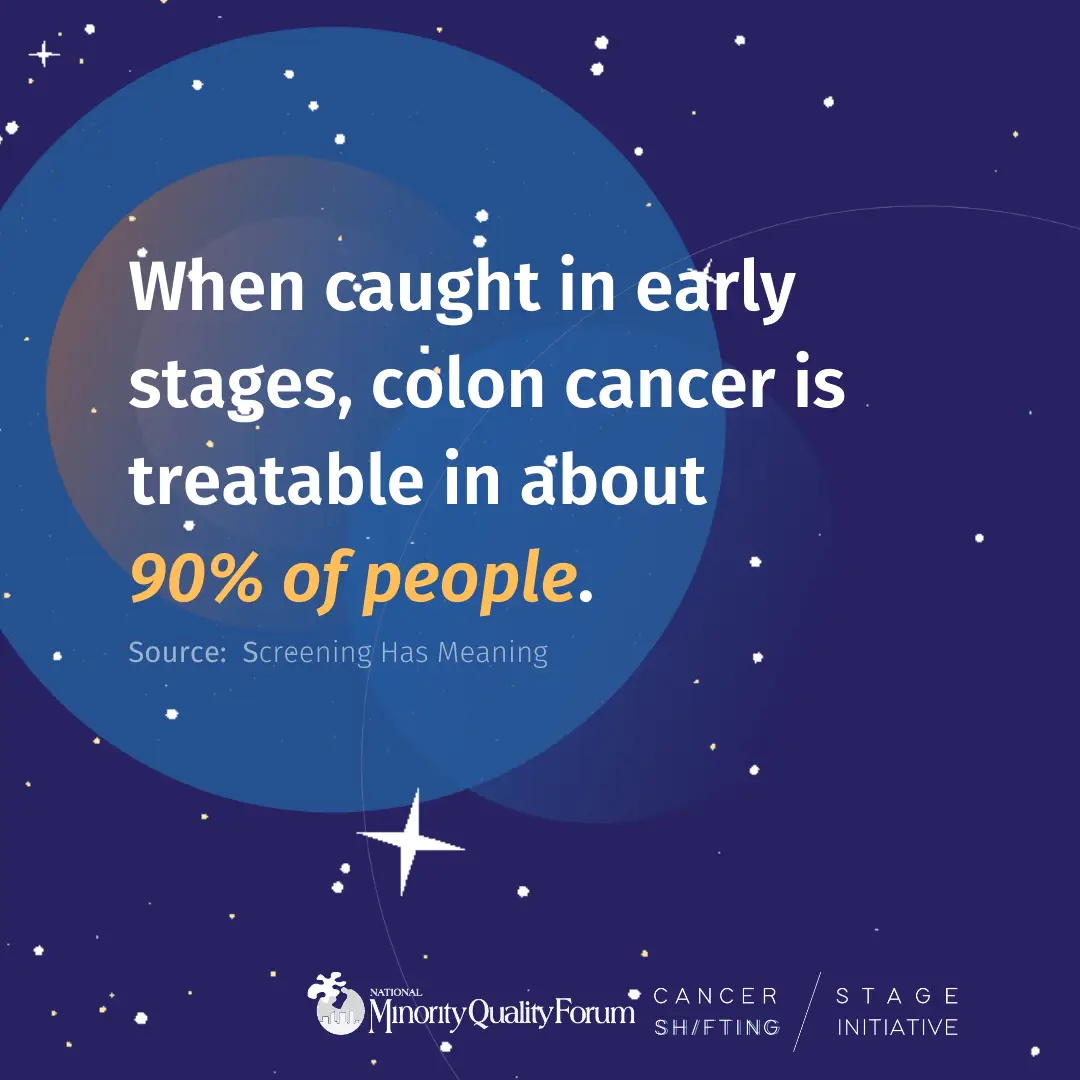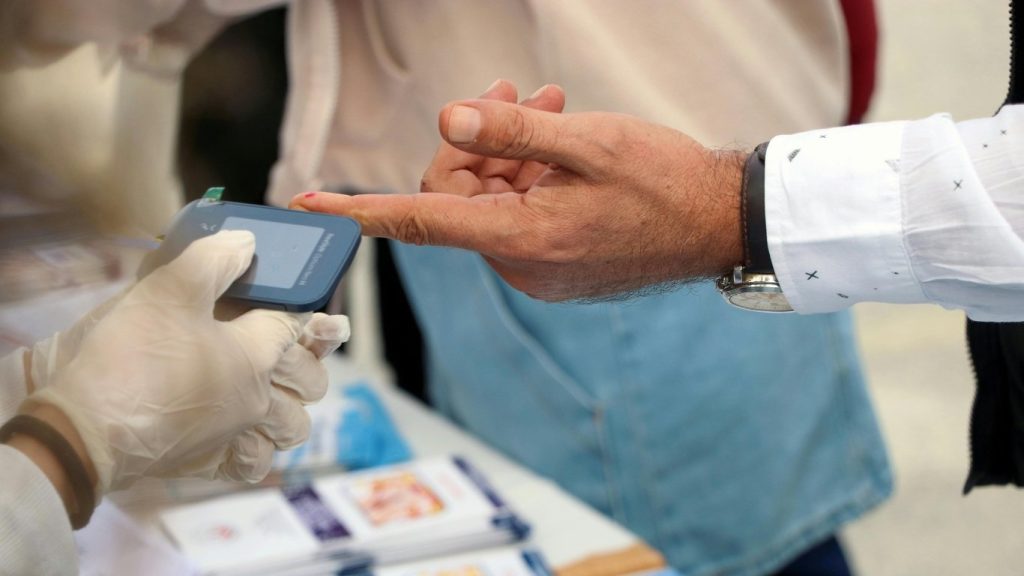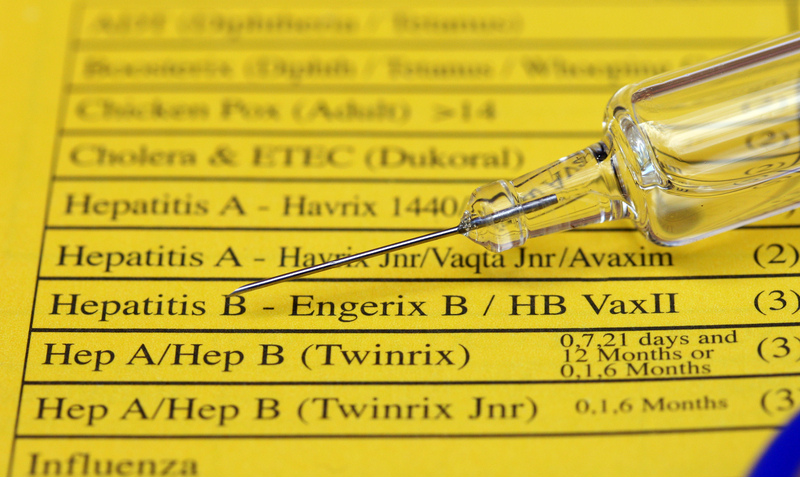- By Victor Mejia

Washington, D.C. — October 2, 2025
MedStar Georgetown University Hospital completed the D.C. region’s first implants of the world’s only “smart” cochlear system—one in an adult and one in a child. The device restores hearing and adds software-driven features similar to a smartphone.
Who did the procedures
Surgeons Michael Hoa, MD (medical director, Cochlear Implant Program) and Jeffrey Kim, MD (director, Neurotology and Otology) performed the operations one week apart in September 2025. The recipients included Michael Feuerstein, MD, a 75-year-old psychiatrist from Gaithersburg, Md., and a 22-month-old girl from Hyattsville, Md.
Regulatory status and key features
The FDA approved the system in July 2025. It is currently the only smart cochlear implant available. Notably, the platform offers:
-
The world’s smallest sound processor
-
All-day battery life
-
Adaptive self-monitoring that tunes performance to each user
Additionally, the implant accepts software updates, enabling future features without new surgery. Dr. Hoa emphasized another advantage: clinicians store each patient’s core hearing settings on the implant itself, not only on the external processor. If a processor is lost or damaged, patients can still connect to sound after replacement.
Patient context and early outcomes
Dr. Feuerstein lost hearing in his right ear after radiation treatment for a malignant brain tumor diagnosed in 2003. The toddler experienced profound sensorineural hearing loss that progressed after birth. According to Dr. Kim, the child should gain hearing and speech skills with auditory-verbal therapy, improving communication with family and friends.
Activation and follow-up
Clinicians activated both implants a few weeks after surgery. Melissa Blumgart, AuD, led Dr. Feuerstein’s activation visit. She also noted an important public-health point: untreated hearing loss in older adults correlates with dementia and poorer mental health, underscoring the value of timely evaluation.
Why this matters for the region
These procedures expand restorative hearing options across the D.C. area. Because the system updates over time and adapts to individual needs, patients gain a clearer path back to conversation, connection, and everyday sound.
Trending Topics
Features
- Drive Toolkit
Download and distribute powerful vaccination QI resources for your community.
- Health Champions
Sign up now to support health equity and sustainable health outcomes in your community.
- Cancer Early Detection
MCED tests use a simple blood draw to screen for many kinds of cancer at once.
- PR
FYHN is a bridge connecting health information providers to BIPOC communities in a trusted environment.
- Medicare
Discover an honest look at our Medicare system.
- Alliance for Representative Clinical Trials
ARC was launched to create a network of community clinicians to diversify and bring clinical trials to communities of color and other communities that have been underrepresented.
- Reducing Patient Risk
The single most important purpose of our healthcare system is to reduce patient risk for an acute event.
- Jessica Wilson
- Subash Kafle
- Jessica Wilson

















